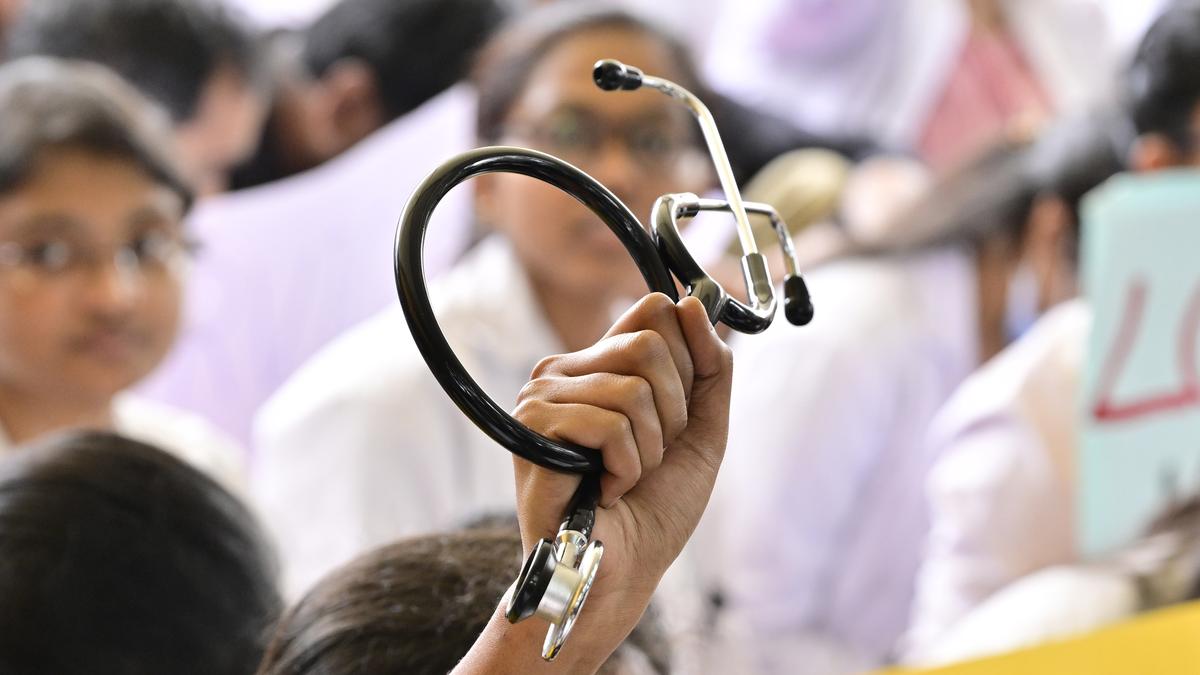
Lawyer Prashant Bhushan addresses a press conference at the Press Club of India in New Delhi on Monday.
| Photo Credit: AFP
Days after the Supreme Court called the petition moved against the Rohingya being “cast into the international waters” by the Government of India as “fanciful ideas”, a panel of six members comprising human rights lawyers and social workers gathered to seek justice for the refugees.
The panel discussion comes in the light of the Rohingya refugees living in the national capital alleging that their family members were picked up from their camps and deported overnight to a shore near the India-Myanmar border, left in the international waters with only a lifejacket. Following this, the Supreme Court bench hearing petitions from Rohingya refugees to put a stay on such deportations by the government, refused their plea.

Human rights lawyers Prashant Bhushan, Colin Gonsalves, and social activist Harsh Mander were present at the panel discussion along with journalist Pamela Philipose, human rights activist Rita Manchanda and social worker Priyali Sur.
During the discussion, the members of the panel presented a study of the various case studies and media reports, including one report by The Hindu on the subject matter.
‘Inhumane’ deportation
Speaking in the panel, Mr. Bhushan presented case studies of families who were impacted by the “inhumane” deportation. “The deportation process that India followed for the Rohingya refugees not only violates the International law but also its own Constitutional laws,” he said. Deporting refugees to a country where there is a genocide against them goes against Constituional values of right to live and international genocide convention, the senior lawyer added.
Adding to the conversation, Ms. Sur, a social worker running the Azaadi Project, an organisation that works for women survivors of war and conflict, said that while it is important to question how the Rohingya refugees could be left in the water, it is equally important to question the way they are treated inside the country. “The community’s name has become a taboo; there is unwarranted detention for years, the children are separated from their parents and the conditions of the detention centres is inhuman,” she pointed out.
Published – May 20, 2025 04:40 am IST



Leave a Comment